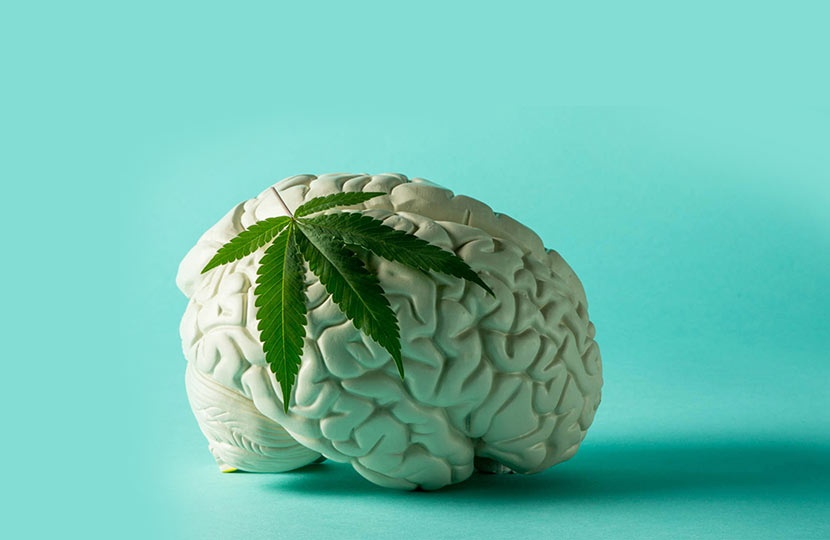Hey, you like your cannabis products and so do we. Are you tired of the old stereotype of the lazy stoner? We are too. In fact, not only do we believe it to be an inaccurate representation of cannabis consumers, but some studies suggest that the opposite may happen when enjoying the effects of this plant. As you’ve seen before, some strains can help with focus, boost creativity, and increase motivation. But don’t take our word for it — we’re about to discuss what researchers are finding when it comes to cannabis and the amotivational syndrome theory.
What Is Amotivational Syndrome?
The amotivational syndrome theory first came about during the 1960s — at the height of anti-cannabis sentiment. It suggests that consistent consumption can alter one’s personality, having an effect on emotions, memory, and the ability to focus. The theory also points to other symptoms, such as lack of interest and motivation.
In addition to cannabis consumption, amotivational syndrome is linked to drugs like methamphetamines and prescription medication. It shares many symptoms with depression and is believed to cause aimlessness, temporary amnesia, disinterest in socializing, and other related traits. While it is thought to operate much like depression, some believe amotivational syndrome affects frontal lobe activity. Much of this remains speculative, however, as there isn’t any real substantial evidence to back the theory. Even the World Health Organization acknowledges the lack of proper research to support the existence of amotivational syndrome.
Because this proposed condition is so similar to depression, research suggests that those who experience these symptoms may have actually been depressed prior to cannabis consumption. Either way, the jury is out, though there is compelling evidence supporting the notion that this plant can actually have the opposite effect.
The Science Is in Our Favor
For decades, there has been plenty of debate as to whether or not there is a basis for the amotivational syndrome theory. After all, it’s difficult to objectively evaluate a person’s level of motivation. However, just this year, a study appeared in the American Psychological Association-published science journal “Experimental and Clinical Psychopharmacology” that may help disprove the theory. In the study, researchers were unable to draw any connection between routine cannabis consumption and the symptoms caused by amotivational syndrome.
The research involved 47 subjects who were in the college age range, 25 of whom were active consumers of cannabis. Participants were each assigned what is known as an “Effort Expenditure for Rewards Task,” or EEfRT. This has been a useful tool for more than 100 labs in examining individual capacities for high-effort activities. With the EEfRT, participants are given a choice between a simple project with a low-value reward and a more involved project with a much higher reward. Upon completion, researchers studied the results and found that after consuming cannabis, subjects not only chose the more involved tasks, but they displayed sharper focus in completing these assignments. And while this study did use a relatively small group of participants, we have already seen larger studies support the notion that cannabis consumers can be at least as motivated as non-consumers — if not more.
As is often the case when it comes to our favorite plant, more research is needed to have a better understanding of how cannabis influences our motivation, but the results from these studies are definitely promising. It’s also important for public perception to shift. For far too long, cannabis has been grouped together with harmful substances like alcohol and drugs, and it’s time to end that association.
In fact, amotivational syndrome research has yet to factor in alcohol intake or preexisting mental health diagnoses, so it’s very possible that other conditions or substances impact one’s motivation, while cannabis has been an innocent bystander.
If you’ve ever been hesitant to smoke a preroll or try an edible because you were concerned it could cause you to lose motivation, we believe you have nothing to worry about. So go ahead and indulge! You know we won’t judge you for it — in fact, we’ll be enjoying some good products of our own!
Resources:
https://www.verywellmind.com/what-is-amotivational-syndrome-5120215
https://hightimes.com/news/study-shreds-cannabis-amotivational-syndrome-theory/
https://merryjane.com/news/college-students-who-smoke-weed-are-more-motivated-than-those-who-dont-study-says

